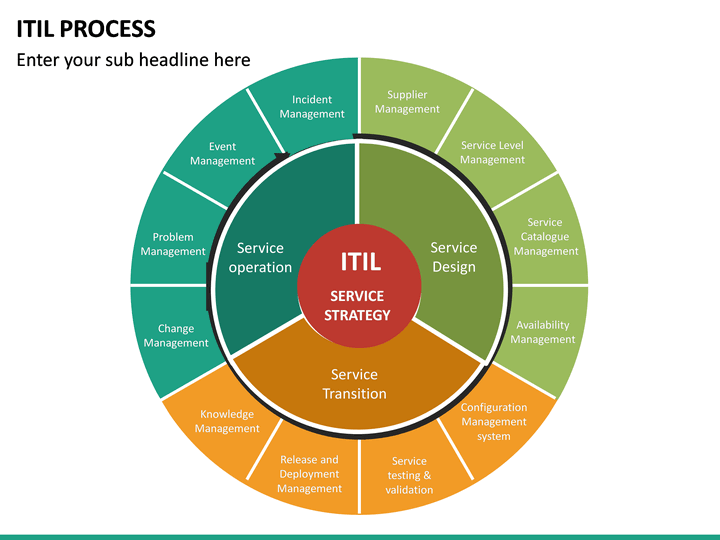

ITIL practices help eliminate the scope of miscommunication and conflicts between the two entities.

This also results in greater accountability and clarity. One of the guiding principles of ITIL requires IT and businesses to remain aligned toward the same goal. ITIL plays a significant role in bringing and improving coordination efforts. IT organizations and businesses are co-dependent, and to ensure both of them are working towards the same organizational goals, coordination between both is crucial. Better Coordination Between IT and Business Let’s look at the benefits of incorporating the ITIL framework into your organization. So far, you’ve learned about ITIL and what it does for your business. ITIL defines the “how,” whereas ITSM defines the “what.” The Benefits of ITIL Everything in the ITSM definition is embodied by ITIL. The purpose of ITIL is to align its objectives with the business objectives.Ĭonclusion: ITIL is just one of the standard ITSM (IT service management) frameworks.

ITSM: Key DifferencesĪlthough ITSM and ITSM (IT service management) can be used interchangeably, critical distinctions between them are essential to understand.
ITIL PROCESSES TRIAL
It can be said that ITIL is a framework of processes that help you implement the methodology of ITSM.įree Trial ITIL vs. Service strategy, service design, service transition, service operation, and continuous service improvement are the five stages of the ITIL service lifecycle that are managed using the ITIL framework.

The main idea behind ITIL is that IT organizations are separate entities and their customers are the employees of the business. It is a framework of IT best practices that have been put in place to ensure that IT services of a particular standard are delivered to businesses. Ready to dive in? Let’s begin! The Concept of ITIL Lastly, we’ll show you the best practices for an enhanced user-end experience and how you can deliver continual service improvement. We’ll walk you through the concept, benefits, and different versions. So, what benefits does ITIL bring? And what are the best ways to implement it? When companies like Walt Disney and Spotify are using the ITIL framework, there must be something great about it. ITIL is the most widely used service management framework. There are numerous service management frameworks, some of which are more effective than others. The management of IT-enabled services might take different forms. As a result, the IT service must be managed to ensure an excellent user-end experience. It has become a common commodity like food or water. Video: ITIL 4 Process Map - How service providers define ITIL processes that are in tune with ITIL 4.Almost no business today can function without IT services. It regulates the planning, contractual and financial topics. Service Delivery The ITIL discipline Service Delivery ensures that binding rules for the operative Processes are in existence. Service Support The ITIL discipline Service Support provides all operative Processes necessary for the handling of Service interruptions and for the implementation of Changes the availability of the IT Services is thereby guaranteed. Unlike ITIL V3, IT Service Management according to ITIL version 2 was not organized around the service lifecycle. 3: The ITIL V2 Process Map showing the greater associations between the ITIL Processes (.pdf)


 0 kommentar(er)
0 kommentar(er)
